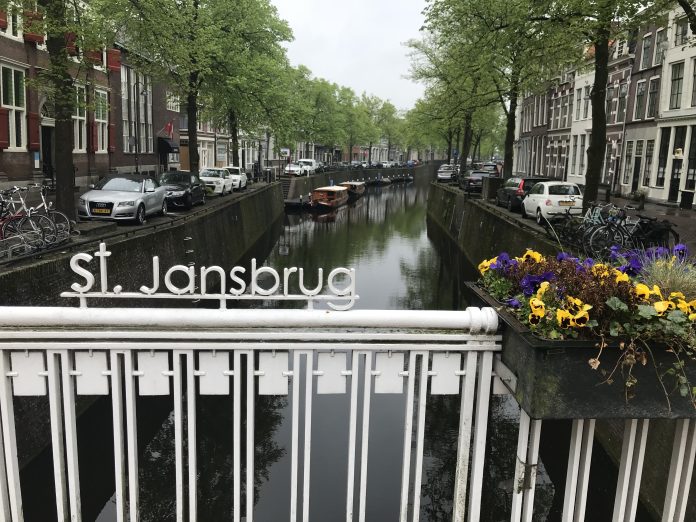Unwillingness to perform: What does an anti-transit federal government look like?
Joy of play returns: “Risky” playgrounds are making a comeback.
Going green: Kroger is ending the use of plastic bags ($) at its stores in and around Seattle.
Nextgen bikeshare: Limebikes, Uber, and Lyft all want in on Seattle’s new permanent private bikeshare program.
Just like smoking: According to a study, America’s love-affair with car culture is shortening the lives of people.
Rent burdenless: Despite rising housing prices, Seattle’s share of mortgage-free households still rises ($).
NYC building boom: A real-time map captures the construction taking shape in New York City ($).
Children left behind: In North Carolina, politicians cut safety programs for kids in favor of highway funding.
Not just for bikes?: Is it time to rethink the “bike lane”?
Life-saving decision: The Washington State Supreme Court reverses a lower appeals court to restore an anti-gun violence initiative to the November ballot ($).
Still under appeal: Appeal of Seattle’s citywide Mandatory Housing Affordability rezones continue. The city council appears to be having closed-door meetings with community groups on the rezones ($).
Deadly, dirty management: New rules for coal plants would lead to many more deaths each year ($).
New independent department: King County Metro Transit will form its own department in county government come January and assume responsibility for the water taxi division.
Move Seattle pared back: The Seattle Times reports that RapidRide lines planned as part of Move Seattle largely won’t materialize due to a reset of priorities ($).
Mariners demand opulence: Katie Wilson of Seattle Transit Riders Union argues against the public handouts to the Mariners in the midst of a regional housing crisis.
Map of the Week: Where can you find rowhouses in America and Canada?
Stephen is a professional urban planner in Puget Sound with a passion for sustainable, livable, and diverse cities. He is especially interested in how policies, regulations, and programs can promote positive outcomes for communities. With stints in great cities like Bellingham and Cork, Stephen currently lives in Seattle. He primarily covers land use and transportation issues and has been with The Urbanist since 2014.



